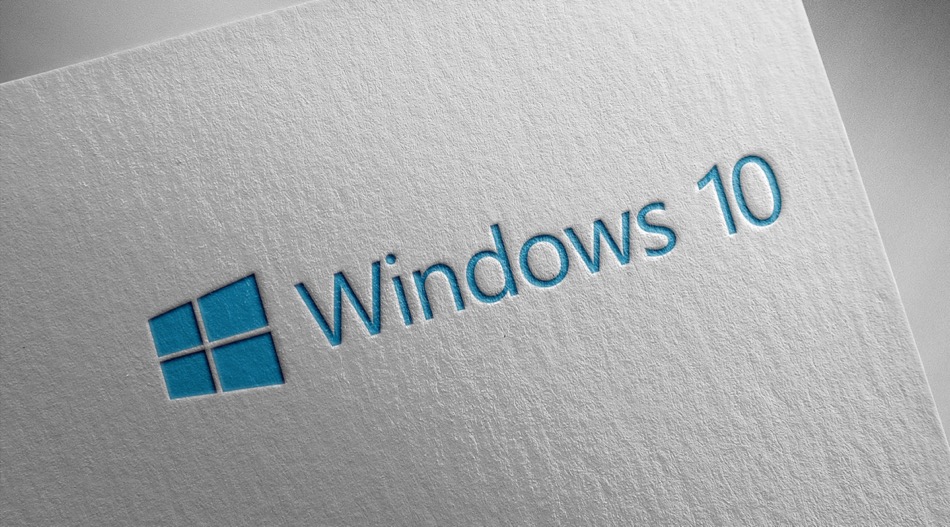CyberAlerts is shutting down on June 30th, 2025. Thank you for your support!
Example Searches:
CVE
Threat Actors
Countries
Vendors
Severity
Known Exploited

|
Description: With less than four months left before Windows 10 reaches its end-of-support deadline, Microsoft has announced it will extend its Extended Security Updates (ESU) program to individual consumers. This move provides millions of users a critical safety net against looming cybersecurity threats, even as Microsoft urges users to migrate to Windows 11 or adopt cloud-based …
The post Microsoft Opens Windows 10 Extended Security Updates to Consumers appeared first on CyberInsider.
June 25th, 2025 (8 days ago)
|

|
Description: A cybercrime group's attack against a London-based pathology service last year was one of the "contributing factors" in the death of a patient, U.K. officials said.
June 25th, 2025 (8 days ago)
|

|
Description: A newly disclosed vulnerability in TeamViewer Remote Management for Windows allows local attackers to delete files with SYSTEM privileges, posing a serious risk of privilege escalation. While exploitation requires local access, the high-severity flaw is particularly concerning due to TeamViewer's prominence in sensitive environments and its history as a target for advanced threat actors. The …
The post TeamViewer Flaw Lets Attackers Delete Files and Elevate Privileges appeared first on CyberInsider.
June 25th, 2025 (8 days ago)
|

|
Description: The Glasgow City Council announced that it was affected by an incident “disrupting a number of online services and which may have involved the theft of customer data.”
June 25th, 2025 (8 days ago)
|

|
Description: A software engineer made a version of the game that runs off code printed onto a small card.
June 25th, 2025 (8 days ago)
|

|
Description: Incogni evaluated the data privacy practices of leading generative AI (Gen AI) platforms, revealing significant disparities in transparency, data collection, and user consent. French startup Mistral AI’s “Le Chat” model emerged as the most privacy-conscious, while offerings from tech giants Meta, Google, and Microsoft ranked among the most invasive. The study, conducted between May 25 …
The post AI Data Privacy Evaluation Ranks Meta, Google, Microsoft at the Bottom appeared first on CyberInsider.
June 25th, 2025 (8 days ago)
|

|
Description: Tenable One empowers security teams to go beyond surface-level risk tracking and drive measurable improvements across their security programs. With unified visibility and customizable dashboards, Tenable One makes it easy to monitor the KPIs that matter most, helping teams shift from reactive firefighting to proactive, strategic exposure management.The importance of KPIs in exposure managementEffective exposure management isn't just about identifying risks — it's about continuously measuring and reducing real exposure. Key performance indicators (KPIs) provide security teams with critical visibility into program effectiveness, helping them prioritize actions, monitor progress, and ensure alignment with broader business objectives.In this blog, we’ll highlight the top KPIs Tenable One customers track to reduce risk, accelerate remediation, and demonstrate impact to stakeholders.Essential KPIs for effective exposure management1. SLA performance metricsTracking service level agreement (SLA) performance is crucial for understanding how consistently your organization meets its remediation targets. This provides insight into whether your security team is keeping pace with exposure management commitments or if risk is accumulating across specific asset groups.SLA Compliant Assets Over Time: This metric offers visibility into how well your organization is meeting its remediation goals. It highlights which areas are effectively keeping up with exposure resolution and where unresolv...
June 25th, 2025 (8 days ago)
|

|
Description: French authorities have arrested five alleged administrators of BreachForums, including prominent figures known as “ShinyHunters” and “IntelBroker,” in what appears to be a decisive blow against one of the most notorious English-speaking cybercrime platforms. According to an exclusive report by Le Parisien, four suspects in their early 20s were apprehended on Monday, June 24, 2025, …
The post Police Arrest BreachForums Admins, Including ShinyHunters and IntelBroker appeared first on CyberInsider.
June 25th, 2025 (8 days ago)
|

|
Description: A tool that uses facial recognition to reveal cops' names, a big and complicated AI ruling, and the AI slop between Iran and Israel.
June 25th, 2025 (8 days ago)
|

|
Description: GreyNoise has identified a notable surge in scanning activity targeting MOVEit Transfer systems, beginning on May 27, 2025. Prior to this date, scanning was minimal — typically fewer than 10 IPs observed per day. But on May 27, that number spiked to over 100 unique IPs, followed by 319 IPs on May 29.
June 25th, 2025 (8 days ago)
|
